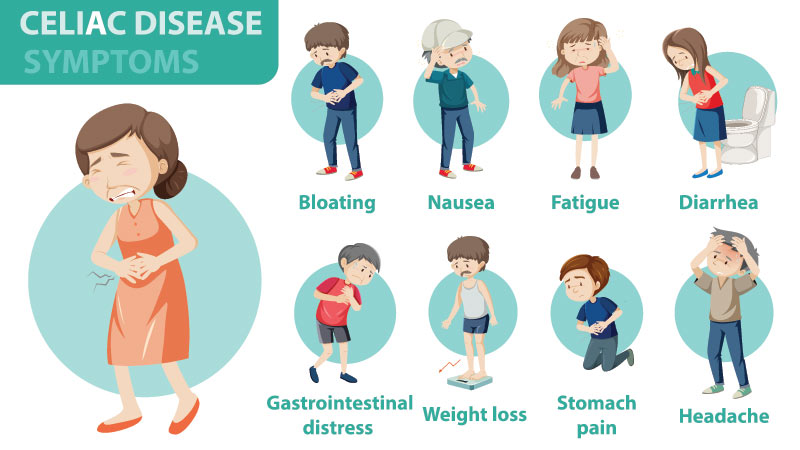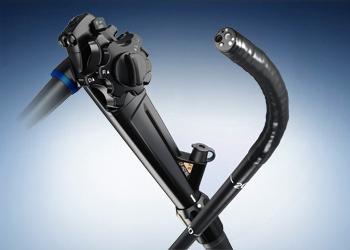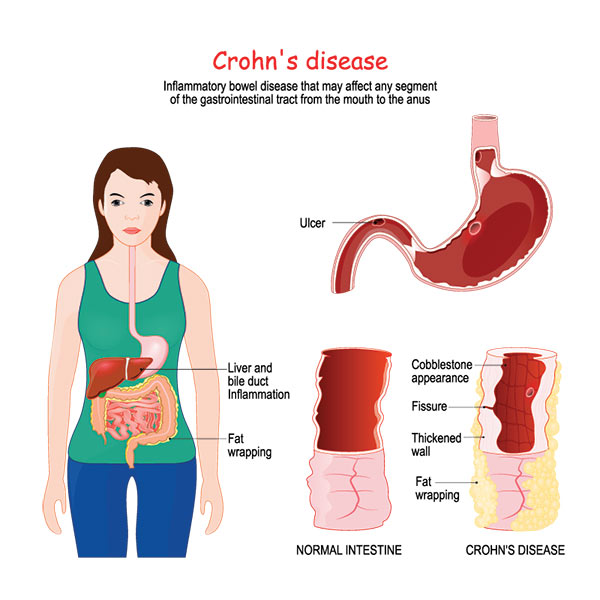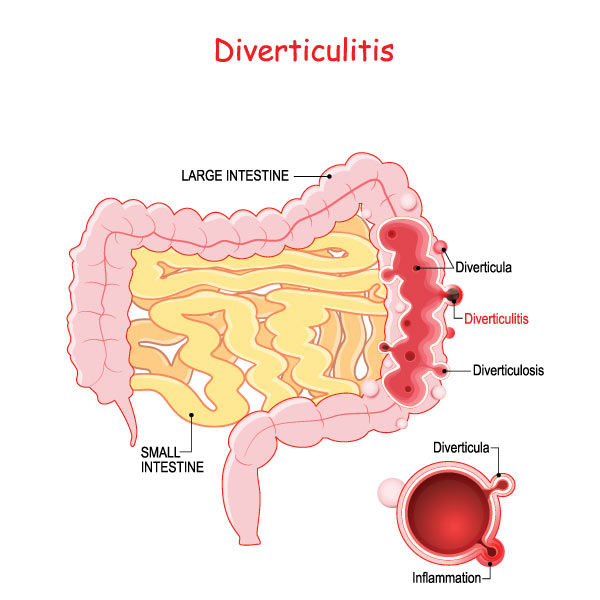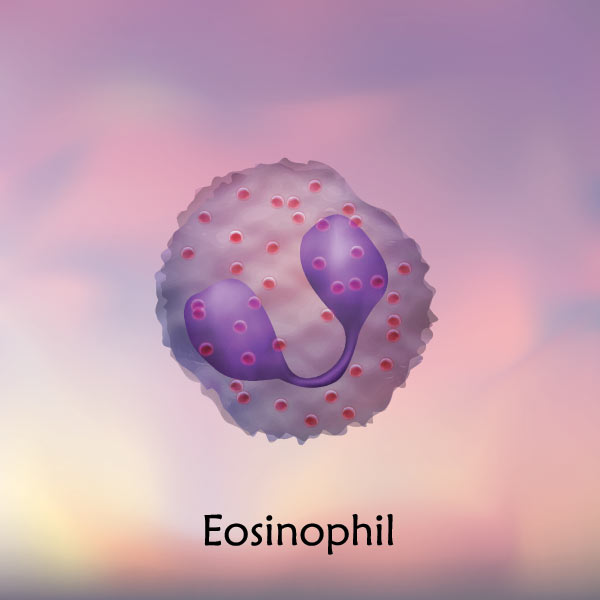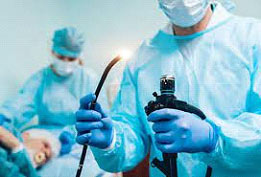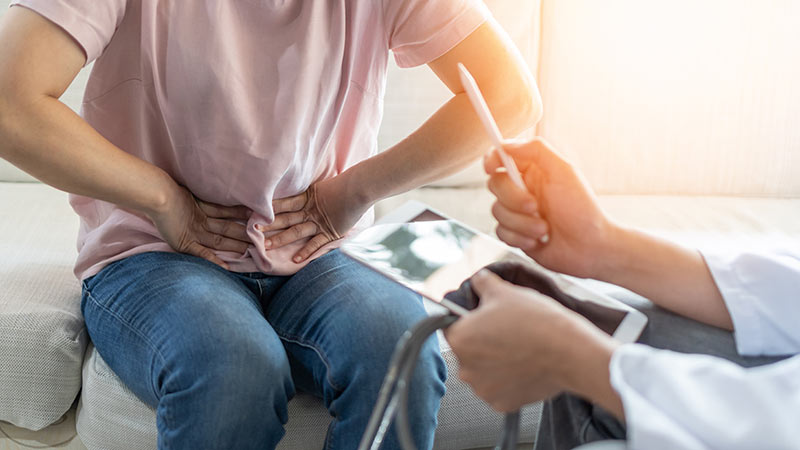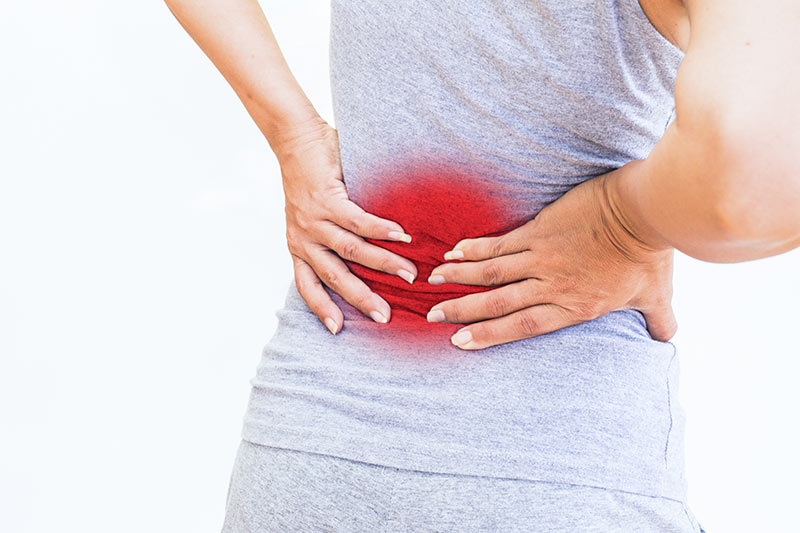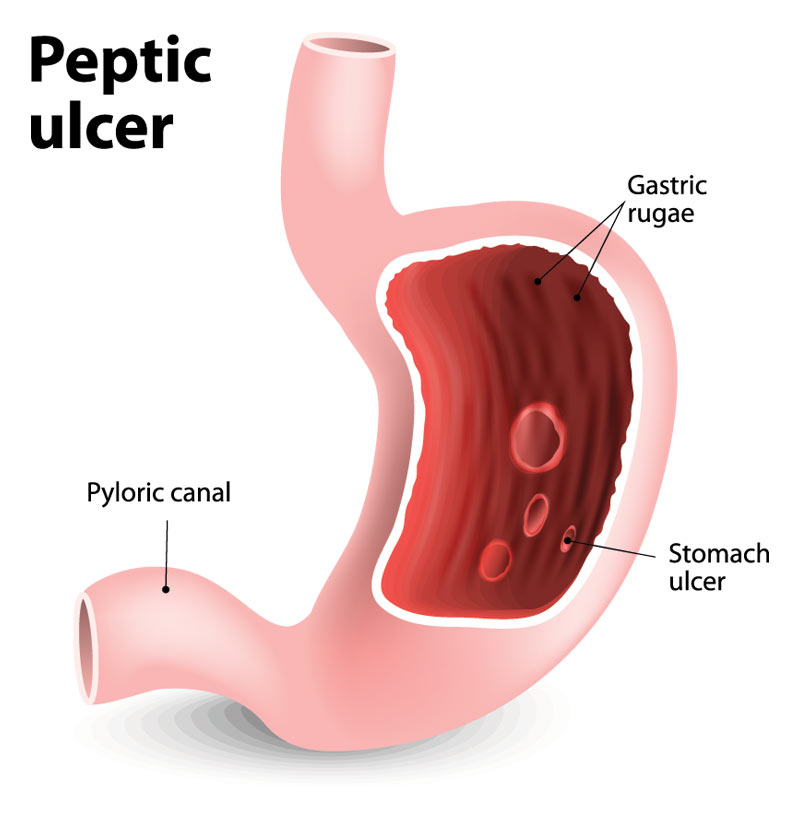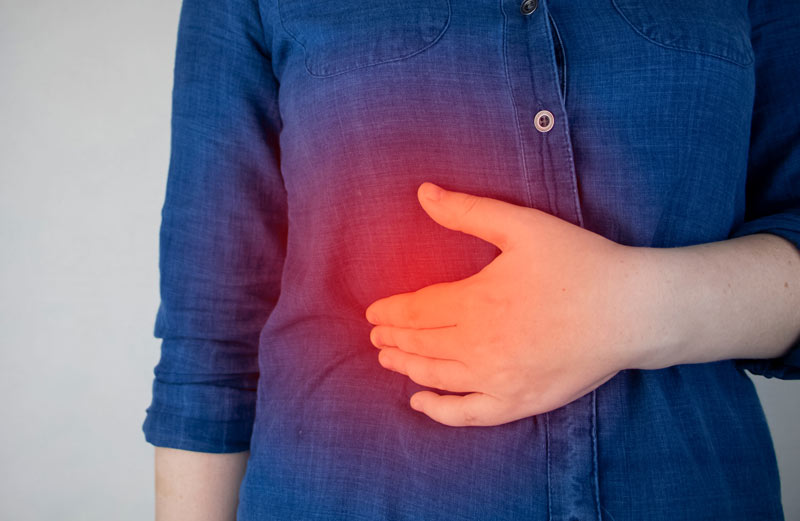I CONSENT TO HAVING CAPSULE ENDOSCOPY.
Capsule endoscopy is a wireless endoscopic exam of the small intestine. It is not intended to examine the esophagus, stomach, or colon. It does not replace upper endoscopy or colonoscopy.
I understand that there are risks associated with any endoscopic examination. The main risk associated with this test, although rare, is the possibility that the capsule becomes lodged in the intestinal tract. This could result in BOWEL OBSTRUCTION. If this occurs, it may require surgical removal. When this does occur, it usually gets stuck in an abnormal narrowing (stricture) of the small intestine, usually in patients with Crohn’s disease.
I am aware that I should avoid MRI machines during the procedure and until the capsule passes following the exam.
I understand that due to variations in a patient’s intestinal motility, the capsule may only image part of the small intestine. It is also possible that due to interference, some images may be lost and this may result in the need to repeat the capsule procedure.
I understand that images and data obtained from my capsule endoscopy may be used, under complete confidentiality, for educational purposes in future medical studies.
I understand that this medical equipment is the property Southern Ohio Medical Center, and that I am responsible for the proper care and accountability of the equipment.
Dr. Houghton has explained the procedure and its risks to me, along with alternatives of diagnosis and treatment, and I have been allowed to ask questions concerning the planned examination.
I authorize Dr. Houghton or his associates to perform and read the capsule endoscopy.


